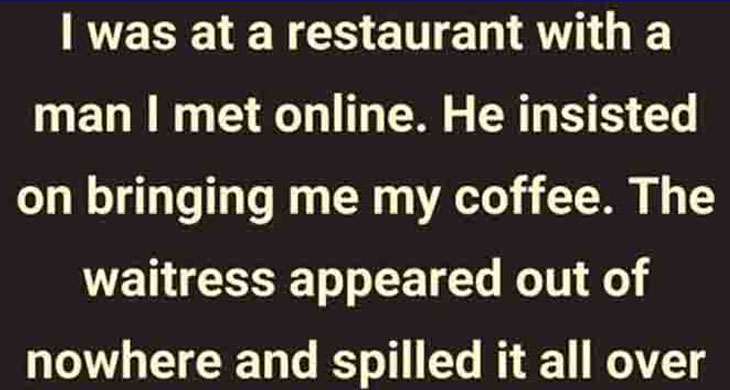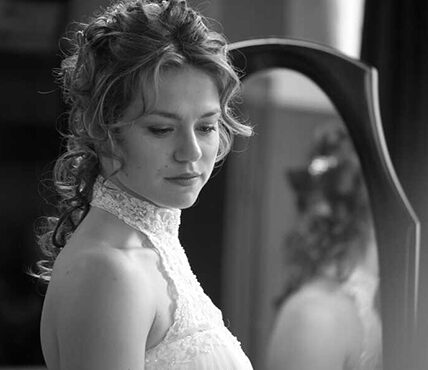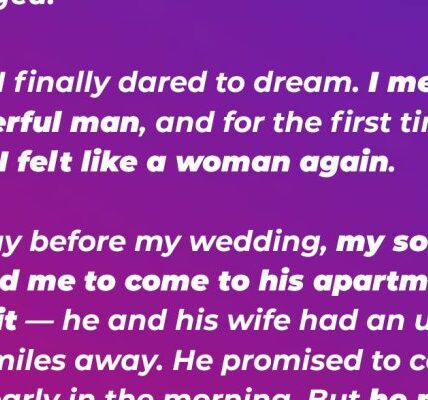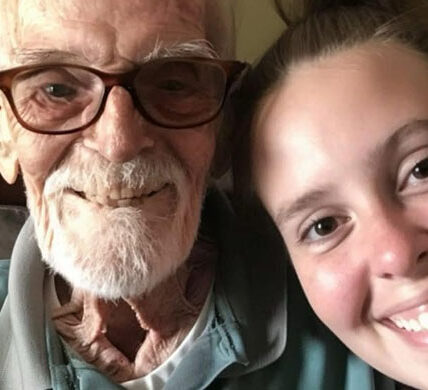We often imagine that life-changing moments come from grand gestures, but it’s often the smallest acts of kindness that leave lasting marks. A kind word, a selfless act, or a brief connection can ripple far beyond what we expect. 1. The Umbrella In a downpour, a man in a business suit handed a stranger his umbrella and disappeared into the rain. Weeks later, that same umbrella was passed on to a girl caught in the rain—proof that kindness moves forward. 2. The Lego Car At age five, a boy made a friend at the airport. When they parted,
the other child gave him a Lego car “to prove they were friends.” Twenty years later, he still treasures it. 3. The Clean Car After a car was egged overnight, a neighbor the owner didn’t even know cleaned it while they were away. No note, no credit—just quiet generosity. 4. The Lunch Sandwich One boy opened his lunch at school to find only two dry slices of bread. His classmates each donated ingredients and built him the best sandwich he’s ever had—not because of the taste, but because of the gesture. 5. The Trusting Store Owner A man forgot his wallet when buying vacuum bags. The shopkeeper,
handed them over anyway, trusting he’d return with the money. He did. 6. The Spilled Coffee On a date, a waitress “accidentally” spilled coffee on the table. As the couple left, she whispered to the woman that it was on purpose—her date had been,
seen flirting with another woman. That quiet warning saved her from a toxic relationship. 7. The Words Behind Your Back A friend once told someone the kind things others had said about them. It reminded her that we rarely hear the good things spoken in our absence—so she made a point to pass them on.




